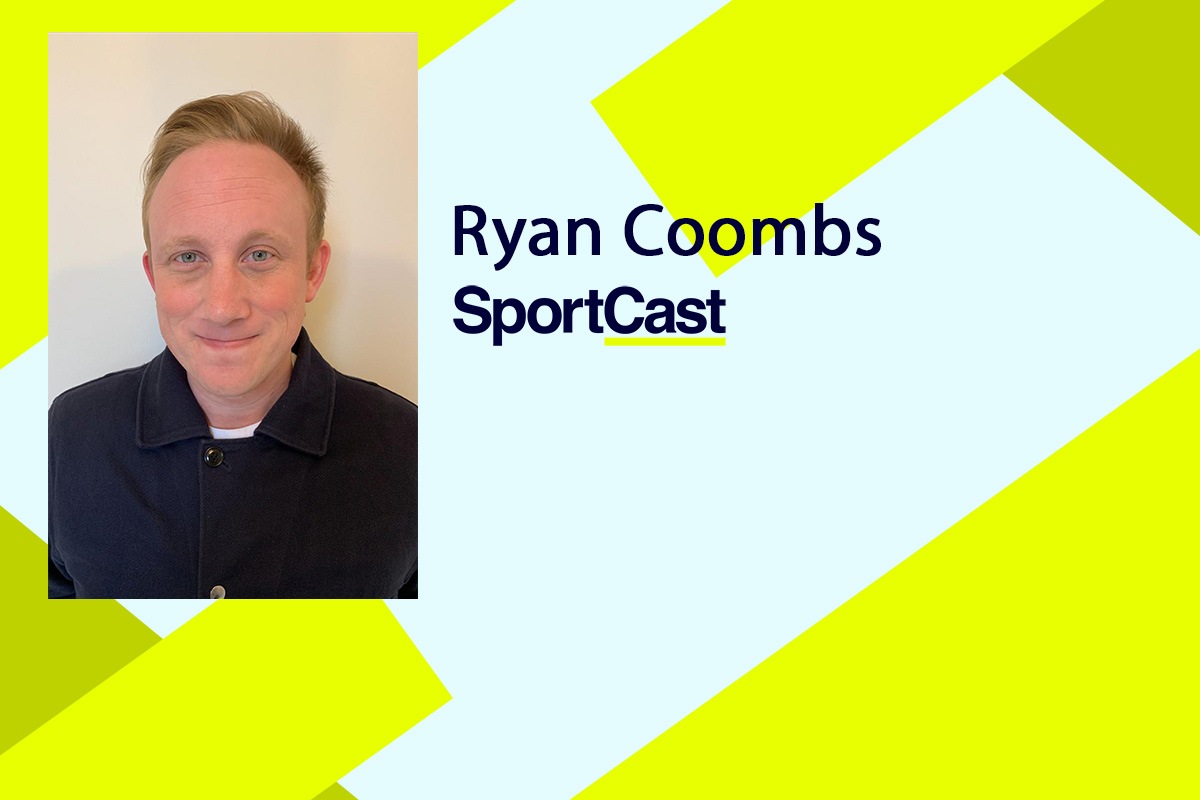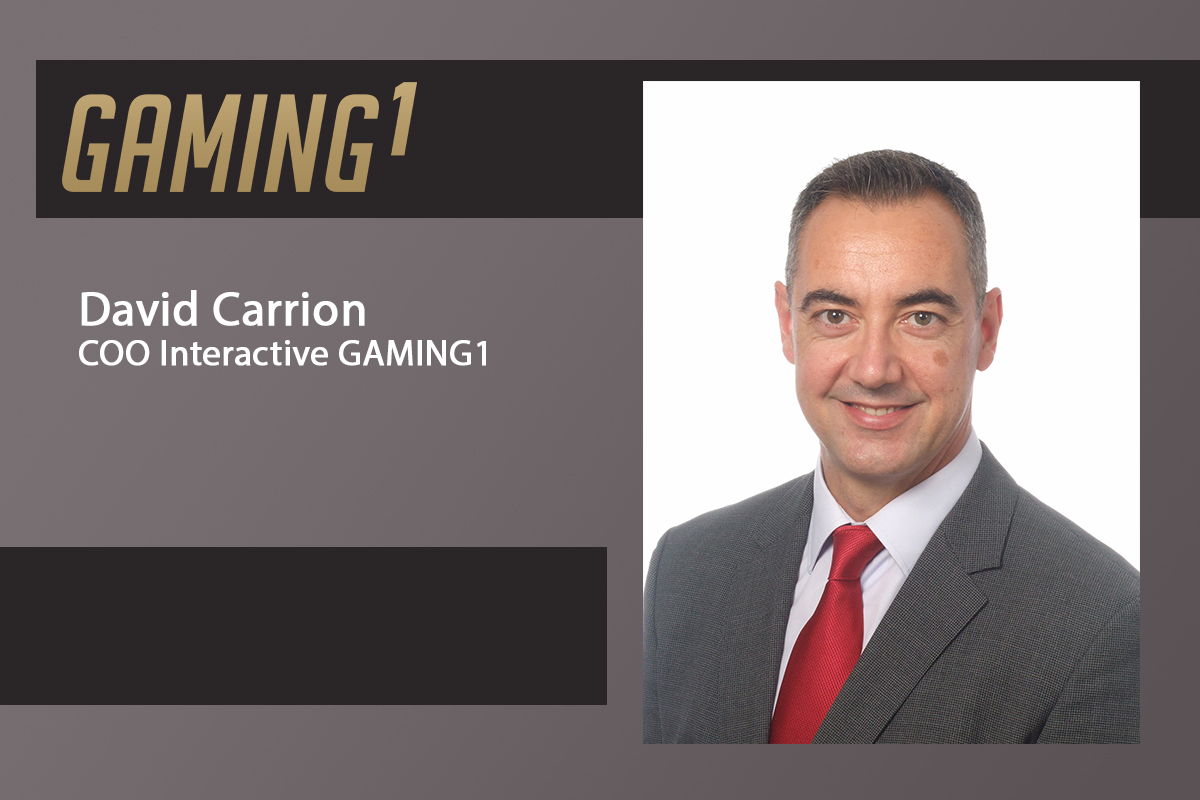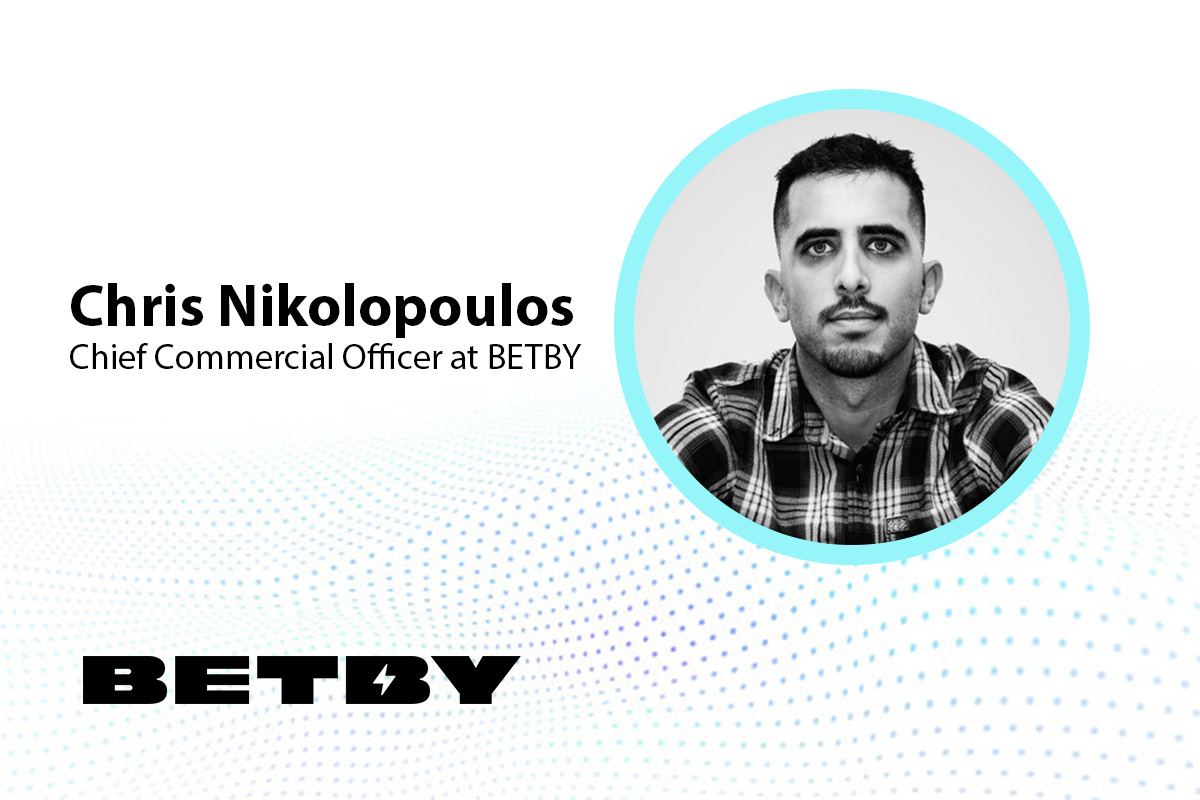An increasing number of industry titans in recent years have moved into video games and many video game outfits have turned their eye to offering ‘gambling’ elements within games. With these moves and the rise of social/mobile gaming bringing these industries closer to traditional gambling and igaming, what is there to be learned from this growing convergence? Andy Sekula, Head of Games at Kalamba and Vladimir Malakchi, CCO at Evoplay offer their thoughts.
Has the global video game boom influenced the design and development of today’s games? Gamification has been a focus for iGaming developers for some time, has this been driven by the rise in video game popularity?
Andy Sekula: There has been a lot of work invested in video game development over the years in regards to all sorts of progression and collection mechanics, with the ultimate goal being to reward players for specific behaviours. The primary goal for that industry is essentially the same as ours – to entertain and engage – and to that end, we can learn from video games just as we can from other products and services that compete for leisure spend such as movie streaming platforms like Netflix.
While the nature of certain AAA video games is sometimes significantly larger in scope – think Grand Theft Auto, for example – the same principles of attracting, engaging and retaining players remains and is in a sense more difficult for iGaming studios as we have to pack the same amount of involvement into a product that is smaller in scale and by nature is shorter in terms of average playing sessions. Despite this, many slots are now a world apart from what was produced 10 or even five years ago and highlight the creative talent our industry possesses.
Vladimir Malkachi: When it comes to popular culture, the video game industry is no doubt one of the most influential verticals, especially gambling, as both gaming and gambling belong to the same concept of entertainment, where audiences from both worlds intersect with each other. After all – the convergence is obvious – both video game and casino players seek the same goals – fun and gaming. However, those who choose gambling games also want to experience the thrill of betting, which offers a whole new dimension.
From a technological point of view, iGaming companies continue to follow the video game industry and adopt their solutions, such as development, game engines, features, graphics, and sound to create an experience similar to the one seen in the video game world. Casino and video game developers also take a similar approach to storylines – they search for innovative, creative, and exciting themes that can provide a fresh and immersive experience to players. iGaming has also inherited the trend of in-game purchases, such as shops and loot boxes, a vivid example of this is the bonus buy feature you see in several casino titles these days – which again shows how much the verticals are converging.
In general, the video game industry is a trendsetter and a source of ideas and inspiration to those within the iGaming space. It attracts both Millennials and Gen Z players, who share many audiences and demographics with many gambling brands.
Licensed games, chosen correctly, can be valuable investments for studios. We have already seen classic video game IPs feature in some slot titles in the past – is this something that can be leveraged further? Must it be something more than just window dressing?
AS: This is quite a tricky thing to do well and there haven’t been too many successful examples of IPs moving from the video gaming world to slot games. Whether this relative lack of success so far is the reason why it hasn’t been leveraged more, I’m not sure.
Done right, I can see some potential in classic universal IPs like PacMan or Donkey Kong but for more modern brands such as the likes of Pokemon, you wouldn’t see it appear in slots until it’s not resonating with a younger audience anymore and when the generations that played the original game are old enough to play video slots, such as with Space Invaders or Street Fighter II.
VM: It’s always exciting when the audiences of two popular brands merge together into one type of entertainment – especially when it comes to something from the wider cultural world being integrated into iGaming.
As well as attracting wider audiences from the outside world, it certainly benefits game providers, giving them a larger media presence and in turn creating wider interest from the outside world, which is especially beneficial if you’re a listed company and as a consequence, as it can directly affect your company’s profitability and volume.
However, alongside the benefits that can be achieved by securing brand rights with third parties, we do need to take costs into account. The average royalty to be paid off to the contractor is 3-15% of the GGR, with joint approval needed from both sides, which can certainly affect the potential for a partnership, and indeed the bottom line.
Saying this though, the benefits usually outweigh the costs, and I’m sure we will see more deals of this type in the future, but considering everything mentioned above, it might not be for everyone, especially those who are just entering and establishing themselves on the market. The key, as always, is identifying your audience and followers and creating a gaming experience that resonates with their values.
Betting on people playing games (esports) has for some time proven hugely successful. What impact has this had and could have going forward, on traditional gambling as a whole?
AS: Betting on outcomes, as we’ve seen with traditional sports betting, has been around long before esports (or even electricity!) appeared, but now it’s established, esports is an ideal focus for sportsbooks since there’s a lot of both skill and luck (randomness) involved – so its a perfect vehicle for evolving the betting industry. I think given the different demographic that we see watching and being involved with esports, there’s the prospect of opening up igaming and betting industry offerings. This would mean the emergence of a whole new sector of players/bettors and consequently the potential for new styles of games/experiences to suit. It will be interesting to watch it evolve.
VM: Without a doubt, the implementation of gaming-inspired features into casino products can significantly expand what’s on offer, and as a consequence, attract new players. This is especially the case when it comes to the spirit of fixed odds and sports betting, and when incorporated into gaming titles, can help go a long way to reaching sports betting fans who might want to give gaming a try.
In our view, instant games are among the best examples of how this approach can be carried out. Players can choose types of bets, which provides them with a gambling experience similar to betting on sports, which in turn makes them feel right at home without any major learning curve required to start playing a game.
The value of such products was analysed heavily during 2020 when sports events were canceled, and bettors needed to find a substitution for the hobby they used to entertain themselves with. Subsequently the adoption of betting mechanics in casino games’ introduced casino brands to the sports betting market and simultaneously covered its audience’s demand – we’ve seen the success it has had during the last two years, and there’s no reason for that not to continue even with sports back, as we are entering a new era of gaming where such transitions are far easier than before.
A recent study declared that video gamers are up to 4.5 times more likely to participate in betting and igaming. How can this new demographic of potential players be best approached?
AS: To some extent, this could be two things: being literate with technology and already being introduced to the concept of gambling (like gatcha boxes) and competition (leaderboards) that they have already been exposed to and are experienced in. Or maybe it’s more about the preference for electronic entertainment (deemed the ‘spiritual opium’ by Beijing regulators). Either way, it’s another sector of players for us to understand and to do our best to accommodate.
VM: As we’ve mentioned, there’s plenty of intersection when it comes to audiences and demographics, as at the end of the day, all users are after one thing – entertainment. This means that everything starts with a product that can both encompass and be adapted to players’ usual patterns of expectations for the gaming experience. It is evident that both video gamers and sports betting fans have their own preference – gamers especially look for a storyline, strong characters, and a clearly-defined challenge – while sports bettors will always gravitate towards ‘live events’ and the thrill of taking on the ‘house’.
In line with this – when robust analytics of audiences and demographics are applied, companies can learn where users can be found and the methods behind attracting them through specific messaging and themes. This requires analytics-based marketing, as well as creative and technological solutions, which will of course vary across product type and the desired outcome.
Online, social gaming is a place where many gamers meet up, forge friendships and communities – to what extent can this be mirrored within igaming?
AS: Basically, a brick and mortar casino creates an environment where players can gamble in a social setting, which additionally reinforces many emotions. This can be, to some extent, recreated within the live casino vertical, where people chat and bet on the outcomes of the casino games and their variations in real-time. We can also see some efforts being made in order to make slot games more of a social experience, where people can not only watch and chat with the streamer but can also bet with them. There’s great potential for experiences like this to be developed.
VM: Socialisation is an established concept in the video game industry, where multiplayer gaming has almost become a must-have offering and certainly has become an event that players expect when certain games are released. A wide variety of platforms designed for communication between players is key to making this happen – with forums, chats, and online communities allowing gamers to interact with each other.
Steam set the trend for socialisation in the gaming vertical, providing an opportunity for players to discuss games, share their opinions and give recommendations. Twitch has continued this trend, as well as attracting gambling streamers, once again demonstrating how the two audiences often intersect. The content on Twitch attracted fans of casino games, which gave rise to the communication between gamblers.
Today, the social aspect of gambling continues to grow, which will no doubt continue to see growth continue given the demand. The pandemic and insufficient levels of communication due to lockdowns have only enhanced the demand for socialisation within iGaming, as it’s become quite apparent that modern players seek to exchange their playing experience.











